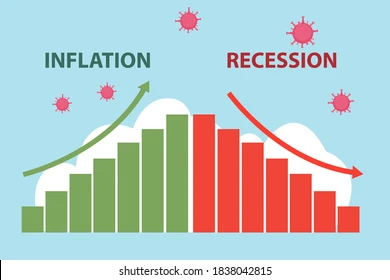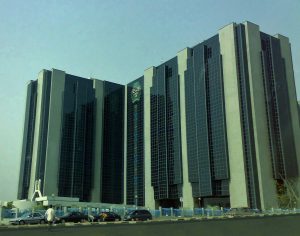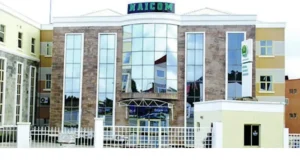
Economists have raised serious concerns over elevated inflation and the threat of recession facing the global economy, stressing that proactive measures are sacrosanct to dealing with economic shocks.
The stakeholders include the Chief Economic Adviser to the President, Dr Doyin Salami; the World Bank, the Central Bank of Nigeria and the University of Ibadan. There are worries about the emerging consequences of the COVID-19 pandemic and the fallout from the Russia-Ukraine war on the country’s economy.
This comes as the Eurozone was reported earlier in the week to be entering recession with surveys pointing to a deepening cost of living crisis and gloomy outlook.
The experts, who gathered at the Stakeholders Dissemination Workshop on the Fiscal Impacts of COVID-19 Pandemic and Lessons for the Future in Abuja, insisted that Nigeria’s Social Accounting Matrix (SAM), a comprehensive and economy-wide database that records all transactions between the economic agents, is obsolete.
Speaking at the event, organised by the Department of Economics at the University of Ibadan, Salami noted that the trillions of dollars spent by governments were causing a cascade of inflationary pressure and economic lockdown.
The development playing out across the world, according to him, resulted from different shocks from the pandemic and the war in Ukraine.
Salami said while Nigeria has domestic challenges, the war in Ukraine and COVID-19 exacerbated the challenges, leading to the current economic woes bedevilling the country.
“You cannot spend trillions of dollars expanding economies without expecting inflationary consequences. So there was always going to be a rebalancing by Central Banks in particular and by fiscal authorities to the responses to COVID. So, that is in part what we are now seeing, that the world is now prioritizing inflation, and parts of the world economy are now in recession.”
A team of economic experts – Lulit Mitik Beyene, Adeola Adenikinju, Bernard Decaluwé, Oluwasola Omoju and Abiola Akande – has completed a study supported by the Partnership for Economic Policy (PEP) based in Nairobi Kenya, on the ‘Impacts and Adjustment Responses to Economic Recovery from COVID-19 Pandemic: The Case of Nigeria’ covering Nigeria, Zimbabwe, Pakistan, and Kenya.
Adenikinju, who is the head of the Department of Economics at the University of Ibadan, noted that the 2006 accounting matrix of Nigeria is obsolete given the changes in the economy.
Linking the growing inflation across the world to the direct spending to cushion the impacts of COVID-19, the economist said the pandemic is likely to have disproportionate impacts on informal non-agricultural sectors where women are overrepresented.
He said the rapid and effective rollout of the vaccine is of paramount importance to slow down the widening gender gap in Nigeria, adding that a rapid and effective rollout of the vaccine could relieve women and girls from disproportionately carrying the care burden and increase their mobility.
“Domestic resource mobilisation is crucial if Nigeria is to continue the current pace of government expenditure. Expenditure cuts should take into account adverse effects on vulnerable groups,” Adenikinju said.
Senior Economist for Nigeria at the World Bank, Dr Samer Matta, decried that over 100 million Nigerians have been pushed into poverty with millions of students out of school. He said planning a futuristic education policy was sacrosanct.





